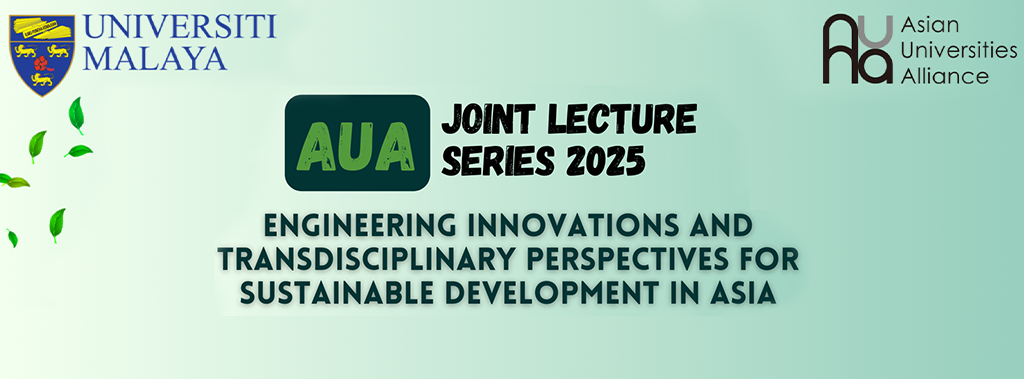Theme: Renewable Energy: Secure Power for Sustainable Development in Sri Lanka
Professor: Professor Mahendra Fernando, Department of Physics, University of Colombo
Date: 25 October 2022 (Tuesday)
Time: 18:00-19:30 (UTC+8)
Main Points:
1. Pillars of the sustainable development
2. Energy consumption and energy sources in Sri Lanka
3. The future of renewable energy in Sri Lanka
4. The obstacles to sustainable development
5. The future challenges (waste management)
Summary:
Professor Fernando started the lecture entitled “Renewable Energy: Secure Power for Sustainable Development in Sri Lanka” by clarifying the difference between green energy and renewable energy: green energy is energy with zero emissions, but it's not necessarily renewable.
In the first part of the lecture, Professor Fernando discussed the recent situation in Sri Lanka including the economy, energy consumption, primary energy sources, renewable energy sources, and fuel importation. The renewable energy contribution to total energy use in Sri Lanka is shrinking gradually. He stated that the major reason for the shrinkage is that the major renewable source (hydropower) has reached its maximum capacity.
In the second section of the lecture, Prof. Fernando mentioned that because the need for energy increases as the country develops, it is important to use more renewable energy and utilize wind and solar power. As a tropical island country, Sri Lanka is capable of generating both wave energy and solar power. Sri Lanka’s plan for its future RE development is to achieve its goal of 100% RE by 2050.
Additionally, Professor Fernando discussed the obstacles to sustainable development such as electricity generation cost, grid connection barriers, institutional barriers, financial barriers, and regulatory barriers. He also emphasized the importance of having regulations to monitor and control RE waste.
In conclusion, during Sri Lanka’s transformation to an upper-income economy, the electricity demand increased, which caused GHG emissions to increase. To achieve the pillars of sustainable development and fulfill international obligations, Sri Lanka will focus on developing techniques for renewable sources of energy to meet its demand and achieve carbon neutrality by 2050.
(The summary is written by student assistant Lee Tzi Yuan.)
*The views and opinions expressed in this lecture series are those of the guest lecturers. They do not purport to reflect the opinions or views of the AUA or its members or its Secretariat.

